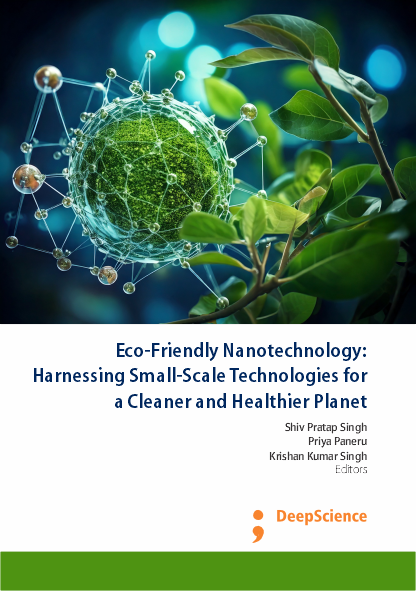Nanomaterials in enhancing photosynthetic efficiency and metabolic homeostasis in plants
Synopsis
Nanotechnology has emerged as a transformative tool in modern agriculture, offering innovative solutions to improve crop productivity and sustainability. One of the most promising applications of nanomaterials is their ability to enhance photosynthesis and plant metabolism. By improving light absorption, facilitating nutrient uptake and mitigating environmental stresses, nanomaterials contribute to higher biomass production and better crop yields. Engineered nanoparticles (NPs) such as carbon-based nanomaterials, metal oxides and quantum dots have demonstrated significant potential in boosting chlorophyll synthesis, enhancing CO₂ assimilation and regulating enzymatic activities involved in metabolic pathways. Additionally, nanocarriers help in the controlled delivery of essential nutrients and bioactive molecules, optimizing plant growth processes. However, concerns regarding nanoparticle toxicity, bioaccumulation and environmental impact necessitate thorough biosafety evaluations. This chapter explores the mechanisms by which nanomaterials enhance photosynthesis and metabolism, highlights recent research advancements and discusses the challenges and future prospects of nano-enabled agriculture.
Keywords: Nanotechnology, Photosynthesis, Plant metabolism, Nanomaterials, Productivity













